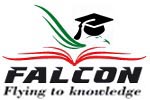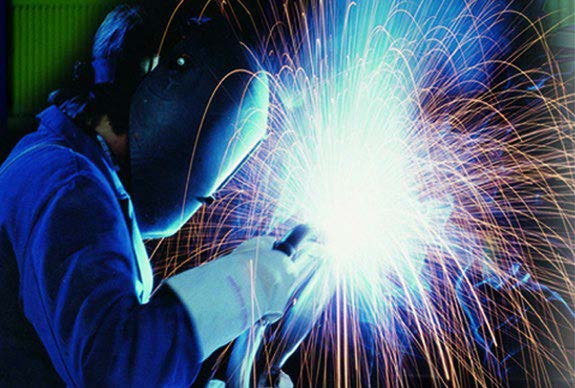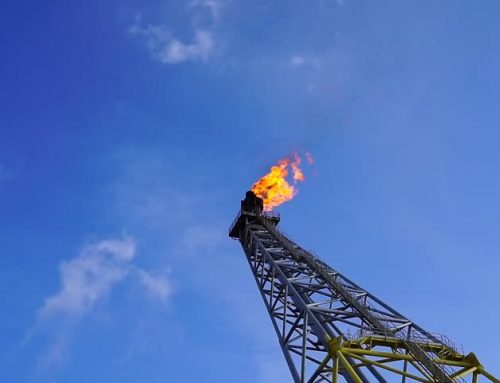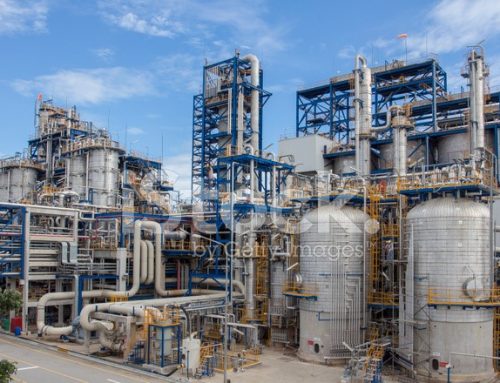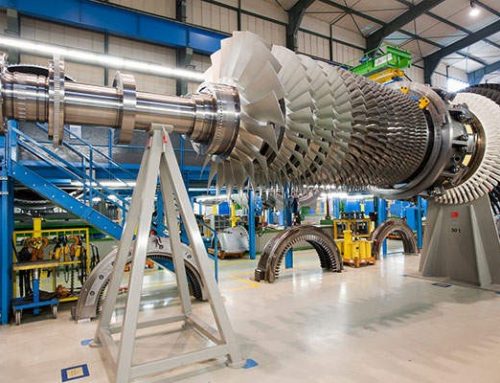Project Description
Why attend
The course will cover welding processes (GTAW, SMAW, MIG, FCAW, SAW, OAW), welding consumables, design of welded joints, applied welding metallurgy and heat treating, welding quality control, non-destructive testing and major International Welding Codes and Standards such as AWS and API.
Each session will be conducted in a lecture/discussion format and videos designed to provide intensive instruction and guidance. The director will be available following each day’s session to provide participants with further opportunity for discussion and consideration of specific problems.
The course includes detailed discussions about welding of pipelines and related facilities in accordance with API 1104, AWS D1.1, ASME IX and API 577 codes and standards..
Course Objectives
By the end of the course, participants will be able to:
Apply and gain an in-depth knowledge on welding technology including welding, fabrication and inspection in accordance with AWS, ASME and API codes and standards.
Differentiate the various welding process such as SMAW, GTAW, GMAW, FCAW and OAW.
Identify the arc welding consumables including welding wires, coated electrodes, sub arc wires and fluxes, neutral and active fluxes and shielding gases
Describe the properties and strength of materials and carryout destructive testing
Analyse the fatigue of welded structures, joint design as well as dissimilar welds and weld overlays.
Characterize the metallurgical properties of steel and heat treatment and implement welding quality control
Who should attend
This course is intended for welding engineers, inspection engineers, facility integrity engineers, fabrication engineers, mechanical engineers, NDT personnel, quality assurance personnel, testing laboratory personnel, and maintenance personnel. Further, this course is a must for anyone involved in inspection of welding construction, qualifying welders, brazers and operators; or involved in writing and qualifying welding and brazing procedure specifications; those responsible for reviewing supplier procedures, auditing or reviewing in-house procedures and qualifications; and those who estimate jobs in compliance of ASME code..
Course Outline
- Fundamentals ● SMAW (Shielded Metal Arc) ● GTAW (Gas Tungsten Arc) ● GMAW (or MIG) (Gas Metal Arc) ● FCAW (Flux Cored Arc). ● SAW (Submerged Arc) ● Stud Welding ● OAW (Oxy Acetylene) ● High Energy, Special and Hybrid Welding Processes ● Power Sources for Arc Welding ● Brazing and Cutting Processes
- Coated Electrodes ● GMAW and GTAW Wires ● FCAW WiresSub Arc Wires and Fluxes ● Neutral and Active Fluxes ● Shielding Gases
- Material Properties ● Destructive Testing
Fatigue of Welded Structures
- Joints ● Symbols ● Preparation ● Designfor Productivity
- Metallurgical Properties of Steel ● Preheating ● Post Weld Heat Treatment (PWHT) ● Field Heat Treating Equipment ● Plans for PWHT
- Planning for QC ● Welding Problems and Defects ● Visual Inspection ● Employment of NDT ● Welder Training & Qualification ● CSWIP vs. ASNT Qualification
- General ● Referenced Publications ● Definition of Terms ● Specifications ● Qualification of Welding Procedures for Welds Containing Filler-Metal Additives ● Qualification of Welders ● Design and Preparation of a Joint for Production Welding ● Inspection and Testing of Production Welds ● Acceptance Standards for Non-destructive Testing ● Repair and Removal of Defects ● Alternative Acceptance Standards for Girth Welds ● In-Service Welding ● Procedures for Non-destructive Testing ● Automatic Welding ● Automatic Welding without Filler-Metal Additions
- Electric Shock ● Radiation ● Fire and Explosions ● Eye Injuries ● Fume ● Hearing Impairment
Use of Section IX Form ● Other Formats ● Procedure Qualification Record Forms ● Revisions to Records and Procedures ● Take-Home Test
Your Content Goes Here
The workshop
This interactive training course includes the following training methodologies as presented on the next column based on percentage of the total tuition hours:
Lectures
Workshops & Work presentation
Case Studies & Practical Exercises
Videos, Sofware & General Discussion
The course instructor may modify the above training methodology before or during the course for technical reasons with no prior notice to participants.
Falcon Consulting Professionals is established in Greece for the last 15 years in the areas of technical consulting and professional training for the local industries. Falcon is expanding in GCC, aiming to provide the best consulting and training solutions to the industries of the region. Falcon’s instructors are accredited trainers and highly experienced in their fields, as well as adult training. We aspire to build our business relationships on mutual trust. The achievement of results with an emphasis on innovation and sustainability, quality, cost analysis and time scheduling are non-negotiable from the conceptual phase of the training.
